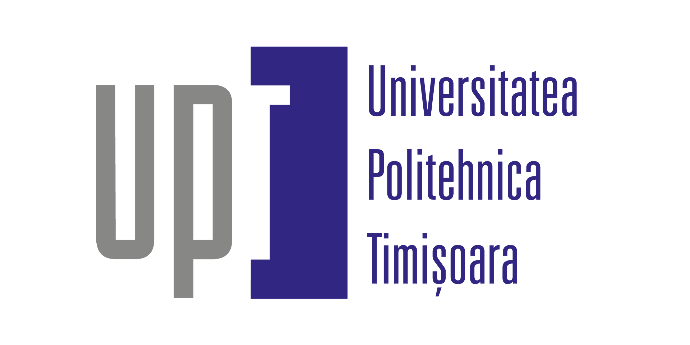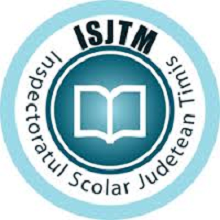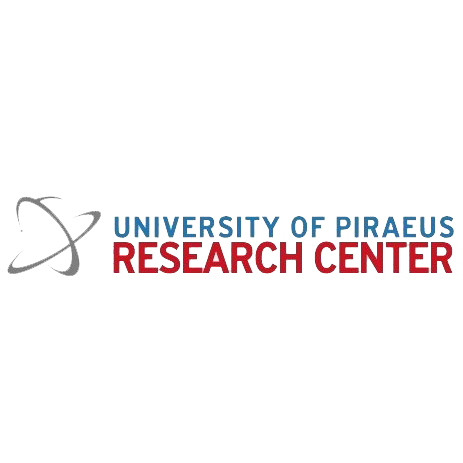About our project
Open Digital Competences Training for School Educators (known as OpenDigCompEdu) is an Erasmus+ Strategic Partnership project that is being conducted from 2021-2024 by a team of collaborators across Europe.


Our Aim
To accelerate the digital competences of educators in school education from Spain, Romania, Croatia, Greece and Norway towards the sustainable adoption of more online and blended approaches in education through the use of open educational technologies and open education principles.
Objectives
To enhance the uptake of open education, open education practices, resources and open digital tools for delivering competence-based teaching.
To create and validate an understanding of the sustainability in education through open education within the Framework for open and digital competences for educators.
To improve the achievement and recognition of digital competences for education through e-portfolio and formal learning by introducing the OpenDigCompEdu e-portfolio and OpenDigCompEdu MOOC courses for educators.
To introduce microcredentials and open badges in open digital competences for school education in the partner countries.

Partners
Moodle Spain Technologies S.L. - Spain
Moodle was born from a desire to give educators a way to create quality education experiences over the Internet.
From 1999, Moodle has evolved through a commitment to pedagogy, open source philosophy and a collaborative global community of like-minded educators and technologists. The heart of our ecosystem is Moodle LMS, the customisable, open source learning management system with inherent security and privacy features used by hundreds of thousands of organisations, in every education sector, in every country on the globe, in nearly every language. In addition to Moodle LMS and other open software products, Moodle operates a free training center online called Moodle Academy, which provides certification based on the DigCompEdu competences.
Dept. of Education of the Generalitat of Catalonia - Spain
The Dept. of Education of the Generalitat of Catalonia (GENCAT-EDU) is the branch of the Autonomous Government of Catalonia in charge of the educational system, and has a tradition of more than 30 years of promoting educational innovation with the use of ICT.
With a population of more than 7,566,000 inhabitants, Catalonia has 4650 schools (3276 public & 1374 private); 108097 teachers (64.968 Infant & Primary, and 43.129 Secondary); and 1.293.165 pupils (91.680 Infant - 717.320 Primary - 484.165 Secondary). The Digital Education Plan of Catalonia 2020-2023 promoted by GENCAT-EDU follows the recommendations of UNESCO, the OECD and other organisations with educational competencies, as well as the policies of the European Union, in the
classification of digital competence as one of the key competences of citizenship in today’s society.
Politehnica University of Timisoara - Romania
Politehnica University of Timișoara, a university of advanced research and education, is today one of the traditional Romanian schools and is recognised nationally and internationally both through the work of generations of teachers and the outstanding achievements of prestigious academics.
The university mission reflects at the same time concern for the future of society, by tracing its development at local, regional, national, and international levels. The structure of Politehnica University of Timișoara includes faculties, departments, chairs, institutes and research centres, laboratories, libraries, hostels, canteens, sports facilities, technical and administrative services, a publishing house and a printing center, and a student medical center. The 10 faculties of the university provide education programs to approximately 13,500 students.
Timis County School Inspectorate-Romania
The Timis County School Inspectorate (ISJTM) is a public institution subordinated to the Ministry of Education, so it represents the Ministry of Education in Timis County.
The purpose of the institution is to coordinate national public policies, to guide the educational units in view of the observance of the quality standards in the undergraduate education, to verify teaching standards through school inspections. An important role is to facilitate the Erasmus + program for educational units in the county.
ISJTM coordinates a number of 204 educational units with legal personality and 8 special education units (schools that provide educational programs for students with advanced cognitive disabilities).
University of Piraeus Research Center - Greece
The University of Piraeus is one of the youngest Universities in Greece and offers 11 undergraduate and 30 postgraduate programs to more than 25000 students.
University of Piraeus Research Center (UPRC) is the entity that provides support to research and innovation programs at the University of Piraeus. The Department of Digital Systems was founded in 1999 and offers, among others, a Masters’ Programme in “e-Learning” with more than 500 graduates so far and around 40 new postgraduate students enrolled every year.
The ASK Research Program on Learning Technologies was founded in 1999 and has a long history in the field, being engaged in 60 Research and Innovation projects attracting external funding more than 10 Million €, producing more than 400 research publications with a significant international scientific impact in terms of citations, being awarded 10 times best paper awards in international conferences on Learning Technologies for our research outcomes and providing the research environment for more than 160 honours and postgraduate students for their research project.
University Computing Centre of University of Zagreb - Croatia
University of Zagreb University Computing Centre (SRCE) was founded in 1971.
While it is the oldest infrastructural institution of the academic and research community in the area of application of information and communication technologies (ICT), SRCE is the key institution in planning, designing, construction, and maintenance of the computing, data and information e-infrastructure for Croatian A&R community.
SRCE continuously maintains stable, reliable and high quality operations of the e-infrastructure, ensuring its connection with the related European and global e-infrastructure and provides consulting and educational support to the members of the academic and research community.
SRCE is a public institution and non-profit organisation with 150 employees.
eFaktor - Norway
Efaktor is a certified Moodle Premium Partner in Norway and Bulgaria. Our experience with online learning stretches back almost 20 years, and in this time we have seen rapid development in technology and how to use mobile devices in learning.
As a Moodle Premium Partner, we are specialists in Moodle and Workplace and technologies for online learning, and are therefore well prepared for tomorrow's expectations from our clients. Our services cover all our clients' needs for getting started with their own LMS. We offer hosting, development and integrations, training, course development, design, as well as support and counseling.
.






